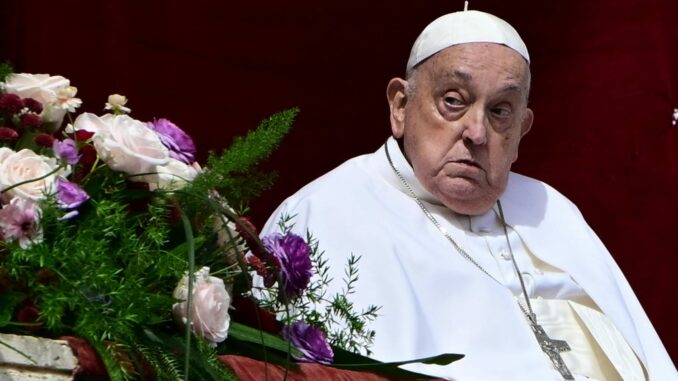
As the Catholic world reflects on the passing of Pope Francis, it is Africa that perhaps feels the weight of his absence most profoundly. While not African himself, the Pope’s enduring legacy on the continent is unmistakable. His decision to visit ten African nations, including conflict-ravaged areas like South Sudan and the Democratic Republic of Congo, sent a clear signal: Africa mattered, and not as an afterthought. For millions of Catholics from Lagos to Luanda, he was a figure who elevated their struggles to the global stage—speaking not just to Africa, but with it.
Yet his passing also lays bare the complex dynamics within the Vatican itself. Despite African Catholics making up a rapidly growing share of the global Church, their representation in the upper echelons of ecclesiastical power remains disproportionately low. The late pontiff championed the marginalised and expanded the College of Cardinals to include more African voices, but critics argue this hasn’t yet translated into real structural influence. The Church’s future might be African in spirit and numbers, but its governance, for now, remains tethered to old centres of power.
With the Pope’s death, speculation intensifies over whether the next leader of the Catholic Church could come from the continent. There is both excitement and caution in the air—excitement at the possibility of an African pope for the first time in over a millennium, and caution from those aware that symbolic gestures without reform can only go so far. As the faithful mourn, they also look ahead, hoping that the seeds Francis planted might finally bear fruit in the form of greater equity, voice, and leadership for African Catholics within the Church.
